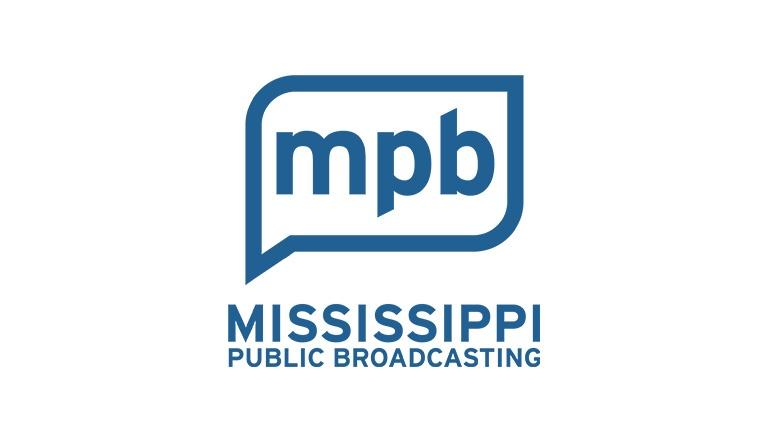There are nearly 269,000 households and businesses across Mississippi that have no access to high-speed internet, according to the Broadband Expansion and Accessibility of Mississippi office. BEAM is hoping to get that number to zero over the next five years by utilizing an avalanche of federal funds.
Access to telehealth services is one big benefit that comes with broadband expansion.
Joseph Grice, chief value officer with the Community Health Center Association of Mississippi, says that telehealth use at community health centers in Mississippi increased exponentially during the pandemic, but still lagged behind what was seen in other states.
"Some of the reasons that I think that we didn't perform as [Federally Qualified Health Centers] nationally did, I think, is just simply access to broadband in some of the rural areas in Mississippi," Grice said.
According to Grice, telehealth use at Community Health Centers in Mississippi increased from 5% of visits to 35-40% and proved to be an efficient delivery method for primary care.
The Southern Rural Black Women's Initiative for Economic and Social Justice released a report showing how universal broadband access could generate over $11.5 million in savings annually in Sunflower and Leflore counties through increased use of telehealth services.
"We are in probably the most opportune time we will ever have to make sure that people in rural communities, people in poor communities can have access," Oleta Garrett Fitzgerald, southern regional director at the Children's Defense Fund, said.
According to the report, people would save money by avoiding costs incurred from things like preventable hospital admissions, lost productivity and health care-related transportation costs.




